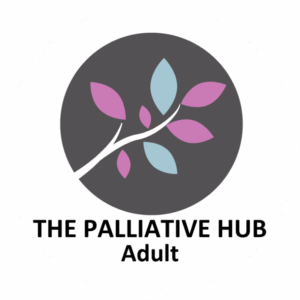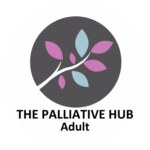
Home » Palliative Care Journey » Care » Planning Ahead
Planning Ahead
Advance Care Planning is an important stage in the care of someone with a life-limiting or life-threatening condition. This section gives an overview of what Advance Care Planning is and the types of questions a person in palliative care may need to answer.
Advance Care Planning is a process that enables a person to plan and communicate their future healthcare preferences in case they become unable to make decisions for themselves due to illness, injury or incapacity. The goal is to ensure that their values and wishes are respected in future medical situations, particularly at the end-of-life.
Planning ahead for our healthcare isn’t something we usually think about when we are well. We don’t expect to become seriously ill and we may assume that we’ll always be able to make decisions for ourselves even when we are unwell, but this isn’t always the case. For many people with an illness, especially a long term illness, planning ahead may feel particularly difficult. You may already be struggling to cope with fears and uncertainties about the future. Talk with people important to you, such as family and friends, and health and social care providers about your values and preferences and make sure that they understand what is important to you including your wishes and preferences particularly at end-of-life. Your healthcare preferences may change over time, so it is important to revisit your plans.
Advance care planning is an essential part of preparing for the future, it helps ensure that your health and care preferences are respected, and your wishes are clear to those who are important to you and your health care professionals. It can also provide you with peace of mind and help manage challenging situations with confidence, knowing that decisions align with your values, this can be increasingly important when you may not be able to speak for yourself.
Planning Ahead could include the following:
- Where you would like to be cared for if you can no longer look after yourself, for example at home, or in a hospital, care home or hospice.
- What kind of care you would like.
- Where you’d like to be cared for when you’re dying, for example at home, or in a hospital, care home or hospice.
- Information about specific spiritual or religious practices that you’d like to be carried out or reflected in your care.
- Which family members or close friends you would like to be involved in your care.
- Who you would like to look after your children and any dependents.
- Who you would like to act on your behalf if decisions need to be made about your care.
- Who you would like to look after any pets.
- Whether you would like someone to tell you how serious your condition is and the likely prognosis.


